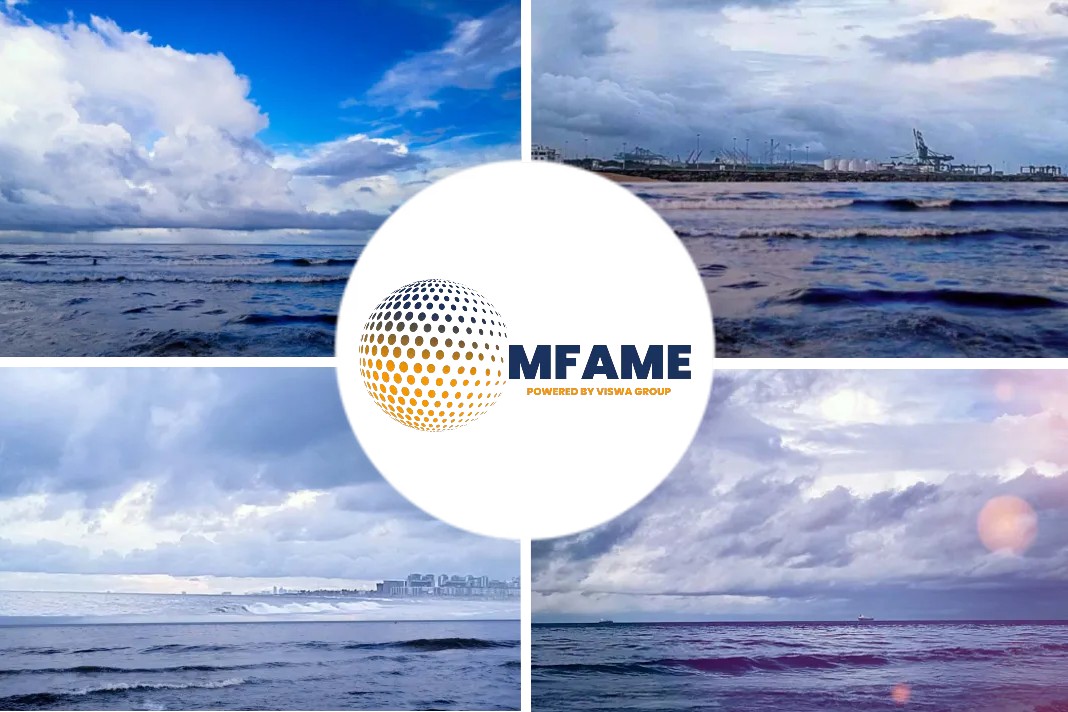- Indonesia will not enforce new low-sulphur marine fuel rule on its domestic shipping fleet.
- High cost to comply with the new rules is the reason for Indonesian-flagged vessels to continue with HSFO in its waters past 2020 without having to use scrubbers.
- An archipelago with over 18,000 islands, will allow its domestic vessels to use HSFO without scrubbers till supply of LSFO improves.
- The country provided the flag of registry for 9,053 ships of all types in 2018, according to data from the UN Conference on Trade and Development.
- Indonesia’s move though has a knock on effect, the scale is likely to be negligible as far as geographical coverage is concerned.
Indonesia says it will not enforce new global rules mandating low-sulphur marine fuels on its domestic shipping fleet, reports Reuters.
New IMO sulphur mandate
Under International Maritime Organization (IMO) rules that come into effect in 2020, ships will have to use fuel with a maximum 0.5% sulphur content, down from 3.5% now.
If vessels are equipped with so-called scrubbers to remove the sulphur from the vessel’s emissions, they are allowed to burn high sulphur fuel.
Why no enforcement of mandate in Indonesia?
Indonesia will not enforce new low-sulphur marine fuels mandate on its domestic shipping fleet. This decision was taken because of the high cost of cleaner fuel, an official from the country’s Ministry of Transportation said.
Because of the high cost of complying with new rules, Indonesian authorities will allow Indonesian-flagged vessels to continue burning marine fuels with a maximum 3.5% sulphur content in its territorial waters past 2020 without having to use scrubbers, an Indonesian Ministry of Transportation official said.
Increased operational cost
Fuel price for fuel with a maximum of 0.5% is more expensive and will increase operational cost of the ship, which will affect the logistics costs and prices of goods, said the official who declined to be identified.
The official added that Indonesia, an archipelago with over 18,000 islands, will allow its domestic vessels to use high-sulphur fuel without scrubbers until the domestic supply of low-sulphur fuels improves.
National interest first
“We always put forward national interest as consideration in making the decision,” said the official.
Ships plying international routes to adhere
Indonesian-flagged ships plying international routes, however, will need to comply with the IMO’s global sulphur cap as will foreign-flagged vessels its waters, the official said.
Though acceded MARPOL Annex VI
Indonesia in 2012 acceded to the IMO’s International Convention for the Prevention of Pollution from Ships, MARPOL Annex VI, which is the main international agreement covering all types of pollution from ships.
The regulation (MARPOL Annex VI, regulation 14) applies to all ships, i.e. not only international voyage ships but also domestic voyage ships, said an IMO spokeswoman as comment.
The IMO’s sulphur rules have faced some resistance because of the higher costs for the lower-sulphur fuel.
Harmful decision
Indonesia’s decision not to enforce the cap may undermine the IMO’s effort to limit sulphur emissions with are harmful to human health and cause acid rain.
The country provided the flag of registry for 9,053 ships of all types in 2018, according to data from the UN Conference on Trade and Development.
Negligible scale
“Indonesia’s move might have a knock on effect but then again the scale is likely to be negligible as far as geographical coverage is concerned,” said Ashok Sharma, managing director of shipbroker BRS Baxi in Singapore.
“Shipping is international in nature and hence it will not make economic sense for a ship owner to be in and out of IMO 2020 compliance as their asset transit various legislations,” Sharma said.
Did you subscribe to our daily newsletter?
It’s Free! Click here to Subscribe!
Source: Reuters















![[Watch] Crazy Power Needed to Move World’s Largest Containerships](https://mfame.guru/wp-content/uploads/2023/11/mfame-tanker-100x70.jpg)
